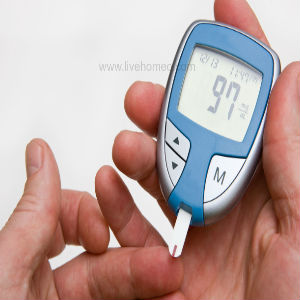History of Figs Fruit :
Fig fruit is an Asian species in the mulberry family. Figs came originally from the Middle East and western Asia, it is cultivated since ancient times and now it is cultivated throughout the world as including figs in diet help to meet our body’s requirement of minerals. Along with fruit fig leaves are also beneficial in controlling chronic disorders like diabetes, skin disorders and high cholesterol. Ficus tree (ficus carica) grows in dry and sunny areas with deep and fresh soil. The fig fruit is exceptionally sweet, slightly chewy and filled with tiny edible seeds. Fresh figs are one of the most perishable fruits they should be consumed within one or two days. Figs are sweet and juicy when ripe they can be red, yellow or purple skinned each with their unique flavour. Dried figs are available almost everywhere throughout the year. Dried figs are more concentrated source of nutrients and fibre than the fresh figs.

Nutrition facts of Figs Fruit :
Figs are good source of dietary fibre, minerals like magnesium, calcium, copper, potassium and vitamin B6. Including figs in diet help to meet our body’s requirement of minerals. Figs weather fresh or dried contains antioxidants which helps body to fight against diseases. Not only the fruit but also fig leaves are as important as fruit because of the unique health benefits they offer. Compared to other foods, figs are very high in antioxidants and nutrients. Latex of fresh fig acts as an anticancer substance without any side effects on other cells. Figs dried or fresh are helpful in treating stomach cancer.
Health benefits of Fig Fruit :
Figs are very useful for our body to maintain proper functioning and fight against diseases and viruses. Here are few health benefits we get from fig fruit
Controls high BP- Figs contain potassium which helps to control high blood pressure.
Heart attack- Figs contain pectin, which controls bad cholesterol in our body. Fig leaves helps lower triglyceride levels in the body which helps to fight with heart attack and stroke.
Digestion and constipation- High fibre present in fig fruit helps in treating digestion problems, the high fibre absorbs water and soften your stool, promotes regular bowel function.
Weight loss- Figs are good source of fibre, fibre and fibre rich foods helps to manage weight and weight loss.
Cancer- Fibre content in figs protect against breast cancer and cancer causing substances by eliminating free radicals.
Benefits for skin- Figs contain minerals and vitamins, which are useful for a healthy skin. Figs eases skin injuries and infections, gives moisturized, glowing and healthy skin.
Hair benefits – Figs promote hair growth, conditions hair.
Figs are good for diabetic people, good for bronchitis, venereal diseases, sexual dysfunction and urinary calcium loss.

















